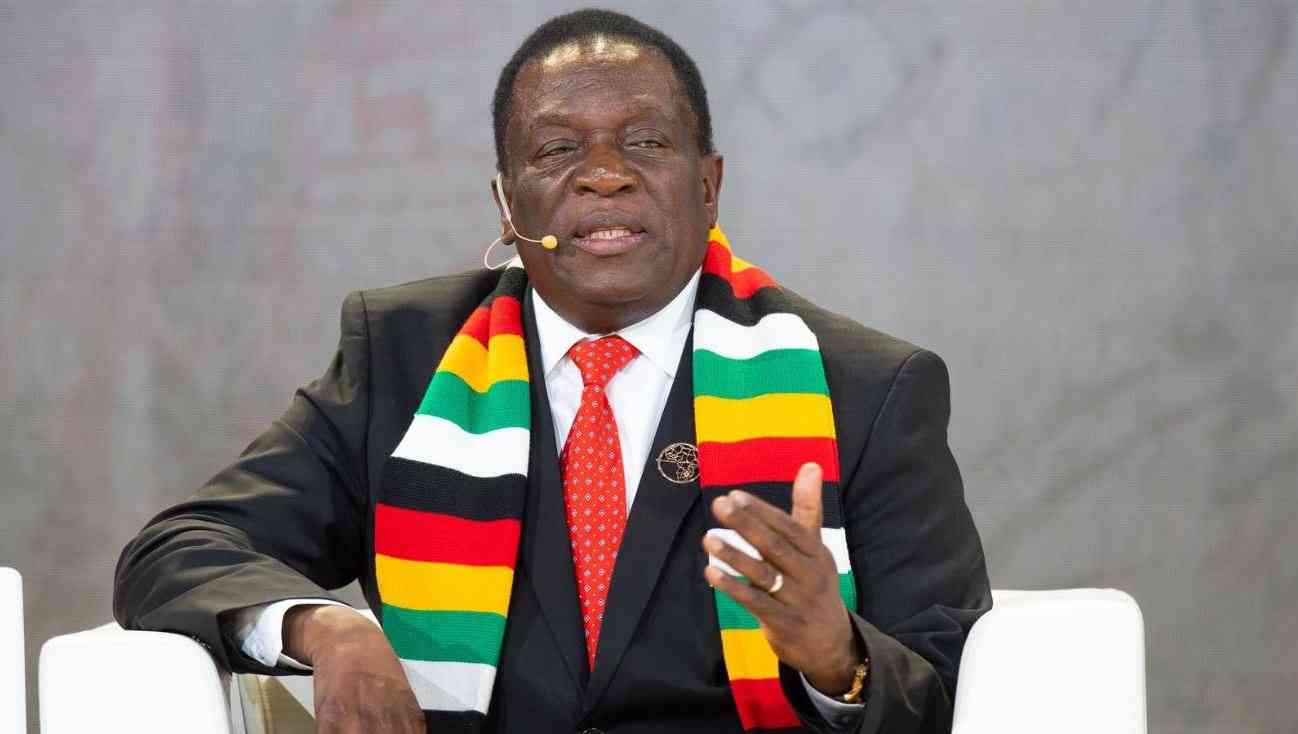
ECONOMISTS and legal experts have raised concern over the exemption of state-owned entities from public procurement law, saying the move could create fertile ground for corruption, mismanagement and lack of parliamentary oversight.
President Emmerson Mnangagwa last week gazetted General Notice 164B of 2024, exempting 21 public entities from compliance with the Public Procurement and Disposal of Public Assets Act.
The entities include the Reserve Bank of Zimbabwe, AFC Commercial Bank, Infrastructure Development Bank of Zimbabwe, TelOne and Kuvimba Mining House, among others.
“It means that they don’t have to follow tender procedures as prescribed by the Act.
“This will further reduce transparency in the dealings of these companies. Already there was a lot of mystery regarding the Mutapa Fund.
“This makes it worse,” economist Trust Chikohora said.
Legal expert Tendai Biti said the president violated the constitution, which is the supreme law of the country.
“No law can be made which is inconsistent with the same,” Biti said.
- Mr President, you missed the opportunity to be the veritable voice of conscience
- Rampaging inflation hits Old Mutual . . . giant slips to $9 billion loss after tax
- Monetary measures spur exchange rate stability: RBZ
- ED to commission new-look border post
Keep Reading
“Therefore, the president doesn’t have the legal right of suspending the constitution, which demands transparency.
“We demand fairness, openness, competitiveness as far as procurement is concerned.
“You must also know that the public or the public hearing place has a right in terms of section 60 and 61 to any information on and in the possession of the state or Parliament house, including information on disposals or acquisitions.”
He added: “So, the right to freedom of information again overrides an attempt to hide information.
“You must also remember that section 119 of the constitution gives Parliament power over every board and institution.
“Parliament can scrutinise every organisation and institution in Zimbabwe.
“This special instrument is a threat of blundering Parliament’s powers. The long and short of it is that, legally it’s not possible, legally it’s not competent.
“But more importantly, in a situation where Zimbabwe is now ranked very lowly on the global corruption perception index of Transparency International, this just reinforces the fact that we are captured in the country and that we suffer from serious governance issues.”
Biti said it was also regrettable that the instrument was being done while the International Monetary Fund (IMF) team was in Zimbabwe, undertaking a two-week annual Article IV Consultation.
“So, you are telling the IMF and the world that we don’t care about governance issues.
“We don’t care about the rule of law. We don’t care about constitutionalism,” he said.
Victor Bhoroma, an economist, said it was key to ensure transparency in the disposal or transactions of public assets as they are national resources, adding that the auditor general has, in the past 10 years, unearthed massive corporate governance flaws and loss of state resources whenever procedures are not followed.
Economist Stevenson Dhlamini said: “I suspect the reason behind the exemption is to facilitate a smoother flow of decision making by eliminating the delays caused by the bureaucratic nature of the public procurement process.
“This is aimed at improving the adaptability and ability to respond quicker to changing market dynamics.”
However, Dhlamini said this may lead to potential abuse of the privilege by some of the institutions and thus undermining corporate governance.
‘It might lead to less transparency and accountability which might compromise the value for money principle in procurement,” he said.
“We, however, are hoping that the relevant authorities will utilize this exemption to improve efficiency and competitiveness.”
Another economist Prosper Chitambara said there are pros and cons to such a move. The pros are the fact that making decisions becomes faster as these entities would not go through regulatory requirements under public procurement and disposal of public assets.
“So, I would say probably that’s an advantage.
“But of course, the cons really relate to concerns about transparency and accountability, which are key pillars in terms of governance of any institution,” he said.
“Transparency and accountability around public procurement and disposal of public assets is a big issue.
“So, I think we need to look at it from that balanced perspective. "Maybe the government is trying to ensure that decisions are made more quickly.
“But that also comes at the cost of those concerns around transparency and accountability.”










